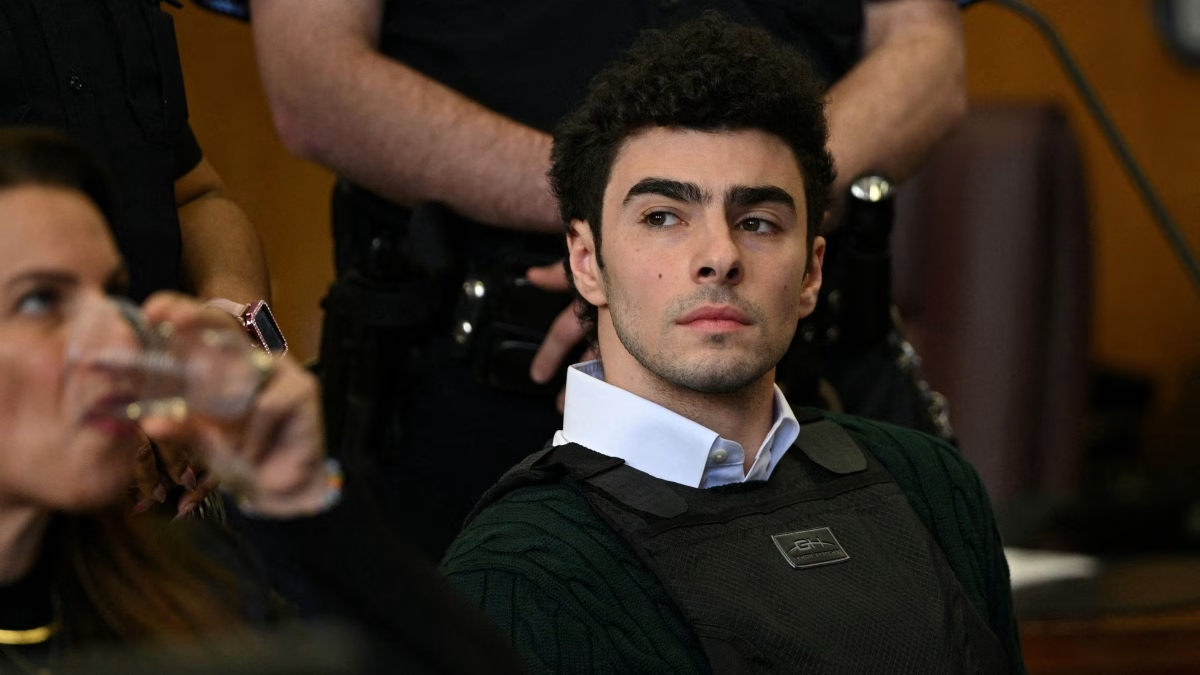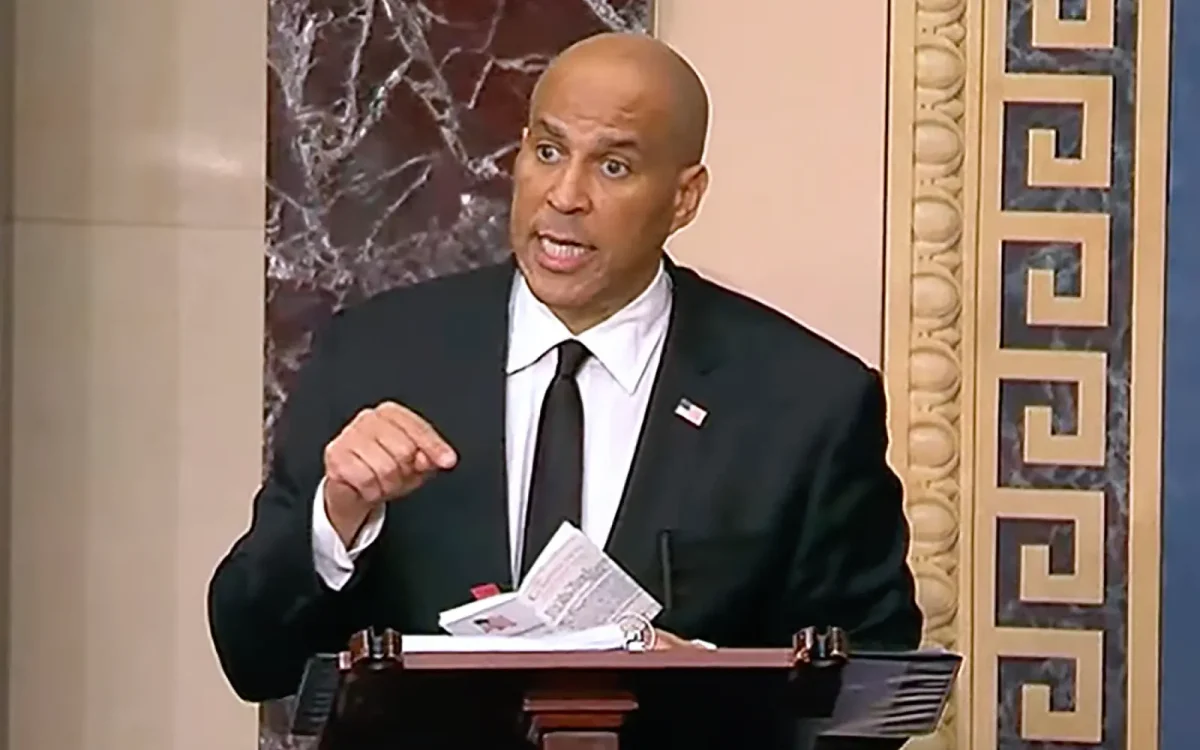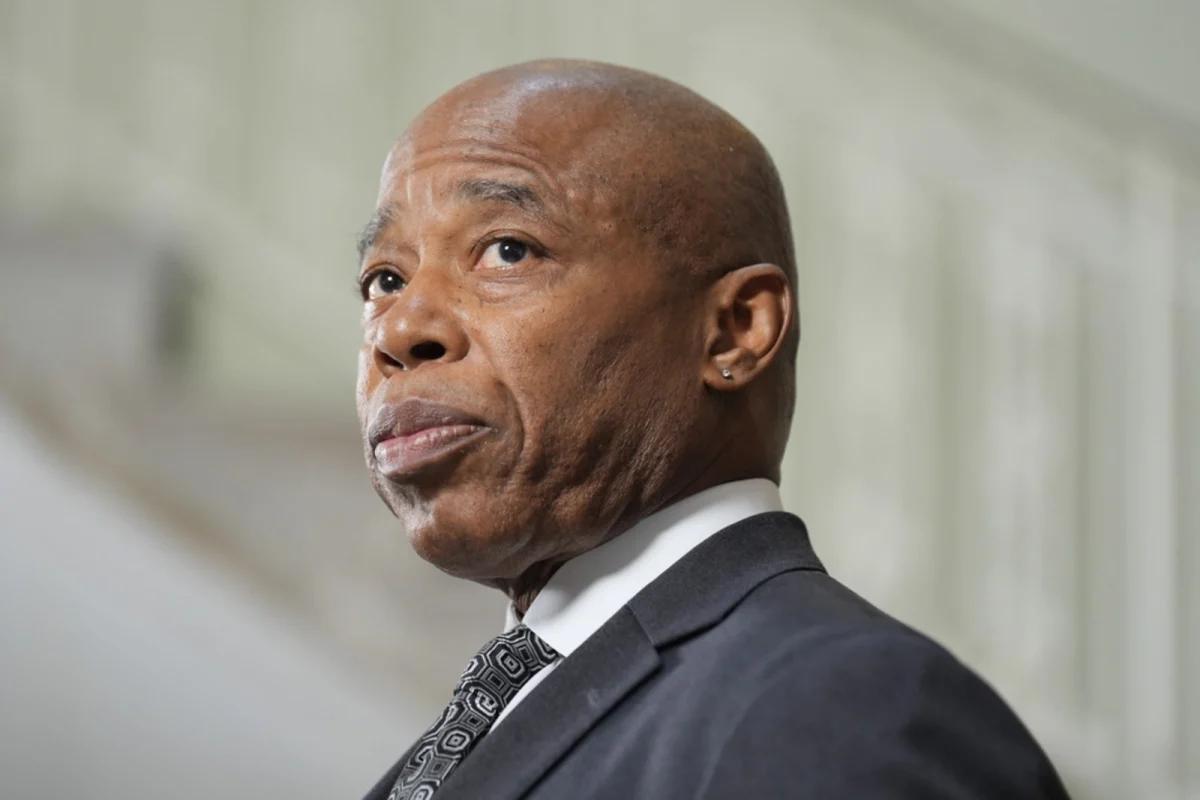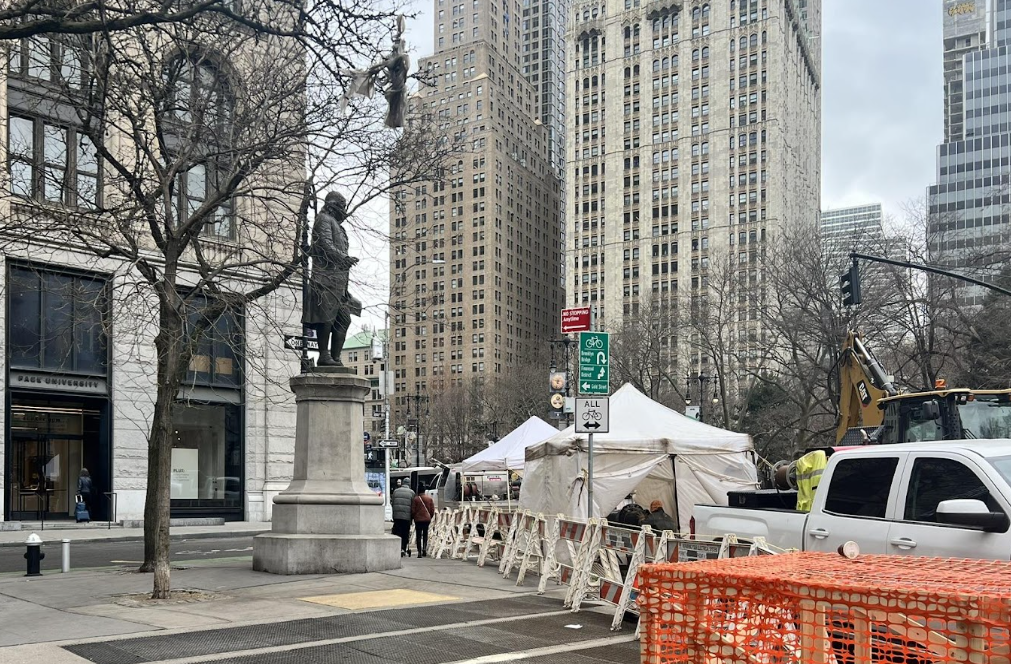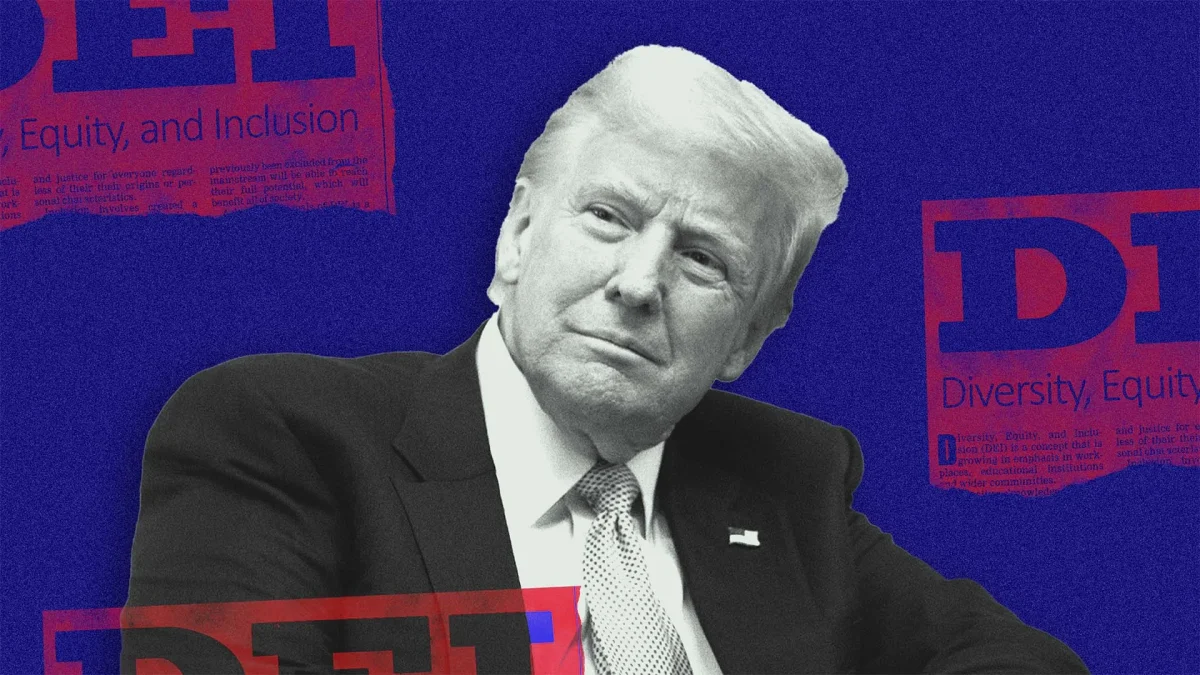Pope Benedict XVI announced his resignation on Feb. 11 at the Vatican. Pope Benedict, born and raised in Germany, is the first pope to resign from his position since Gregory XII, in 1415. Benedict cited “advanced age” as the primary cause. Although the majority of Vatican experts and officials reported that they were shocked by the news, Benedict previously spoke in press conferences about the possibility of resigning should he ever feel that he was not able to properly perform the duties required of the Pope. “Strength of mind and body are necessary, strength which in the last few months has deteriorated in me to the extent that I have had to recognize my incapacity to adequately fulfill the ministry entrusted to me,” he said in his statement of resignation at the Vatican.
Vice President Joe Biden has made it clear, on numerous occasions, that he is a Catholic himself and supports Catholic views. In a statement coming from Washington, Biden said, “The decision reinforces for me as a practicing Catholic that this is a man of great integrity and looking out for what he believes is in the best interest of our church. I admire him for it.”
In the United Kingdom, Archbishop Vincent Nichols agreed, saying, “I am sure that many will recognize it to be a decision of great courage and characteristic clarity of mind and action.” Others were saddened about the news. Archbishop Timothy Dolan, President of the U.S. Conference of Bishops, likened the situation to the aging of a family member. “It’s like watching your own Dad get old and admit he’s not up to all the duties that being the head of a family involves. And there’s a somberness, there’s a sadness there.”
Senior Lauren Rogers, who spent last semester studying abroad in Rome, was also saddened by the breaking news, “I think it’s kind of nerve-wracking that he resigned so suddenly,” she said. “When I was in Rome this past fall, I went to the canonization of saints, which is monumental, and he was there. He seemed fine and in good health, so this news is pretty unexpected. [A papal resignation] Hasn’t happened for almost 600 years, so it’s definitely going to shake things up a bit.”
Senior Spencer Cammarano took a travel course to Rome during her junior year, where she had the opportunity to attend a papal audience, saying,“While I didn’t meet him one on one, it was a moment well worth waiting for. Regardless of the fact that I’m not Catholic, I found it overwhelming to see the Pope in all his glory. This [resignation] is a historic event- regardless of religious beliefs, that’s something to take note of.” There is speculation if there were other factors that influenced Benedict’s ultimate decision to step down. Benedict XVI’s reign began in 2005, at the height of the molestation scandal within the Catholic Church involving numerous priests. In 2008, he publicly acknowledged “the shame which we have all felt” regarding the abuse reports and convictions. Evidence has also been found to reveal that in 1985, prior to his ordination, Benedict signed a letter to thwart efforts to dismiss a convicted child-molesting priest, citing “the priest’s relative youth, but also the good of the church.”
Some members of the community within the University are also voicing speculation about his true reasoning for resigning.
Professor Susan Brownmiller, an acclaimed author, recently expressed her thoughts, saying, “I don’t buy the lack of energy line. I think his cover-up role in the church abuse scandals was getting too hot to handle.”
Rumors of replacement options are also being discussed. Cardinal Angelo Scola of Rome, Cardinal Marc Ouellet of Canada, Cardinal Leonardo Sandri of Argentina and Cardinal Peter Turkson of Ghana are amongst the top contenders. There is the possibility that the next Pope could be Latin American or African which has sparked various debates about the future of the Catholic Church. Still, factors determining the next pope are not based on nationality so much as age and the ability to properly do the job.
“All of the questions about nationalities are nonsense,” said Michael Sean Winters, a visiting fellow at the Institute for Policy Research and Catholic Studies. “There are 118 men [Cardinals who will make the decision on a 2/3 vote], and all of them have gotten to know one another. … Their questions are going to be ‘who can we see in that chair?’” While Pope Benedict XVII has no direct input as to who his successor will be, it must be accounted for that he personally appointed 67 of the 118 cardinal; that alone is bound to have some influence on the final decision. Vatican spokesman Reverend Federico Lombardi reported at a news conference that the new pope will be instated before Easter

